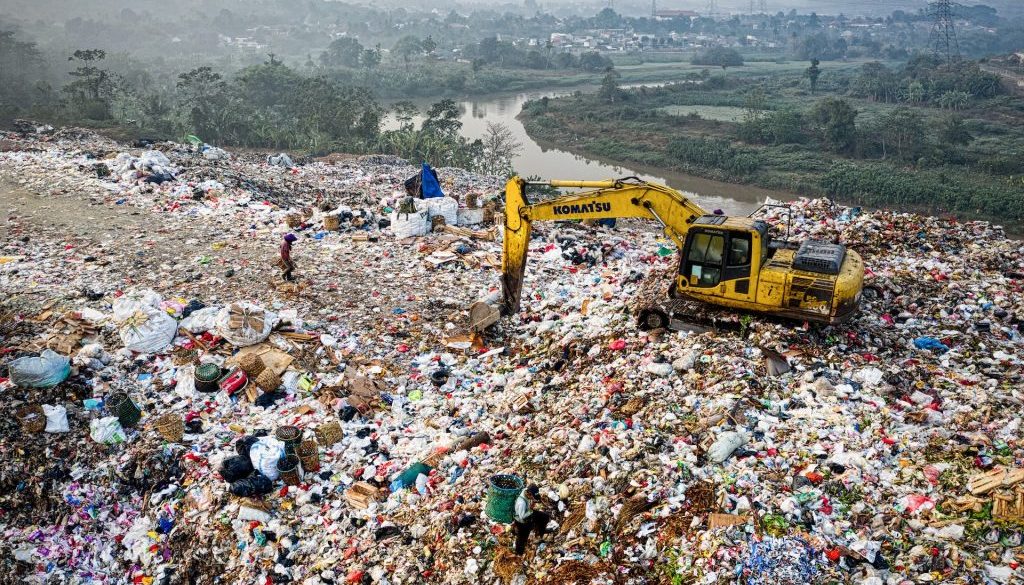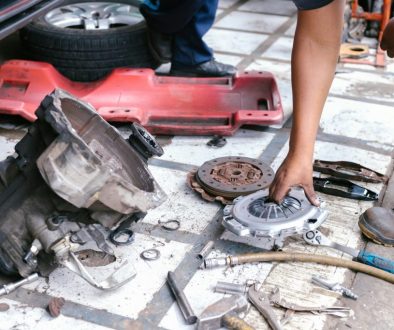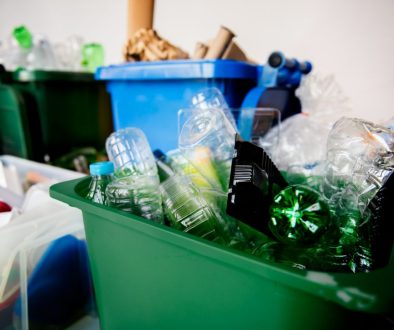Waste disposal is a critical aspect of any construction or renovation project. Building contractors are responsible for managing and disposing of all the rubbish generated during the construction process. Proper waste disposal not only helps to protect the environment but also prevents potential health hazards for workers and nearby communities.
Types of Waste Generated by Building Contractors
Building contractors generate a wide variety of rubbish during construction and renovation projects. This can include construction debris, such as concrete, bricks, and lumber, as well as hazardous waste, such as asbestos, lead, and chemicals.
Other types of waste that may be generated include packaging materials, plastics, and scrap metal.
Legal Requirements and Regulations for Waste Disposal
Building contractors are required to comply with National and local regulations for rubbish disposal. These regulations are in place to protect the environment and public health. Failure to comply can result in fines, penalties, and legal liabilities.
The Environmental Protection Act 1990’s Section 34 establishes a responsibility for individuals involved in waste management. This responsibility applies to those who produce, import, transport, store, treat, or dispose of controlled waste, as well as brokers who have control over such waste.
Best Practices for Waste Disposal
There are several best practices that building contractors can follow to ensure proper waste disposal. One of the most important is waste reduction. Contractors should reduce waste by using materials that are recyclable or reusable. They can also reduce rubbish by planning their projects carefully and using materials efficiently.
Recycling is another important aspect of waste disposal. Many materials used in construction and renovation projects can be recycled, including concrete, metal, and plastics. Building contractors should implement a recycling program and ensure that all recyclable materials are separated from other waste.
Other best practices for waste disposal include using licensed waste disposal companies, keeping waste storage areas clean and organised, and training workers on proper waste disposal practices.
Common Mistakes to Avoid When Disposing of Waste
There are several common mistakes that building contractors should avoid when disposing of waste. One of the most common is mixing hazardous waste with non-hazardous waste. This can lead to contamination and potential health hazards.
Another common mistake is failing to label and store waste properly. Building contractors should ensure that all waste is properly labelled and stored in designated areas.
Waste Disposal Methods for Building Contractors
There are several disposal methods available for building contractors, including landfill disposal, incineration, recycling, and composting. Each method has its advantages and disadvantages, and building contractors should carefully consider their options before choosing a disposal method.
1) Landfill Disposal
Landfill disposal is one of the most common disposal methods used by building contractors. Landfills involve burying waste in designated areas. The advantages of landfill disposal include its low cost and ease of use.
Building contractors should consider implementing waste reduction and recycling efforts to minimise the amount of waste that needs to be sent to landfills. They should also work with licensed landfill operators who follow best practices to ensure proper waste disposal and minimise environmental impact.
2) Incineration
Incineration involves burning waste at high temperatures. This method is typically used for hazardous waste and medical waste. The advantages of incineration include its ability to destroy hazardous waste and reduce the volume of waste.
However, incineration has a significant environmental impact, including the release of pollutants such as dioxins and heavy metals.
If incineration is necessary, building contractors should work with licensed incineration facilities that follow best practices and ensure compliance with regulations. They should also explore alternative methods, such as waste-to-energy programs, that can generate energy from waste while minimizing environmental impact.
3) Recycling
Recycling involves repurposing materials that would otherwise be thrown away. Recycling is an important waste disposal method for building contractors, as it helps to reduce waste and conserve resources. Many materials used in construction and renovation projects can be recycled, including concrete, metal, and plastics.
Building contractors can implement a recycling program by separating recyclable materials from other waste and working with a licensed recycling company.
Recycling not only helps to reduce waste and conserve resources but also has economic benefits for property contractors. By recycling materials, building contractors can reduce the cost of waste disposal and generate revenue from the sale of recycled materials. Additionally, incorporating recycling into construction and renovation projects can have a positive impact on the environment and community relations.
Building contractors should consider implementing a recycling program as part of their waste management plan and educate workers on proper recycling practices. They should also work with licensed recycling companies that follow best practices to ensure proper handling and disposal of recycled materials.
Other Waste Disposal Methods
There are several other waste disposal methods available for building contractors, including composting, hazardous waste disposal, and waste-to-energy programs. Composting involves converting organic waste into compost for use in landscaping and agriculture.
Hazardous waste disposal involves disposing of hazardous waste in a way that prevents harm to human health and the environment. Waste-to-energy programs involve converting waste into energy through processes such as incineration and gasification.
Choosing the Right Waste Disposal Method for Your Needs
Choosing the right waste disposal method can be a complex decision for building contractors. Factors to consider include the type of waste generated, the volume of waste, cost considerations, and environmental impact. Building contractors should also consider the legal requirements and regulations for waste disposal when making their decision.
It’s important to work with licensed waste disposal companies and follow best practices for waste disposal to ensure compliance with regulations and protect the environment.
Conclusion
Waste disposal is a critical aspect of any construction or renovation project. Building contractors have several options for waste disposal. Choosing the right waste disposal method requires careful consideration. Ultimately, building contractors should work with licensed waste disposal companies and follow best practices for waste disposal to ensure compliance with regulations and protect the environment.
Hire a skip in Chester that will take care of your rubbish disposal for you. From scrap metal removal to recycling, Enviro Skip Hire has you covered. Get in touch with us today to learn how.




